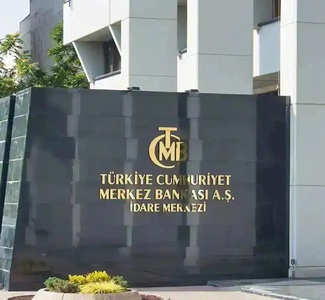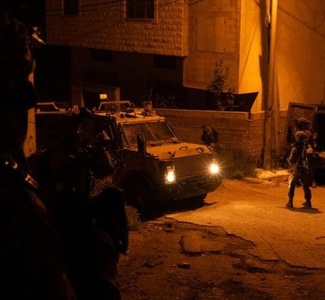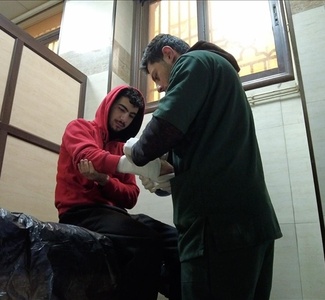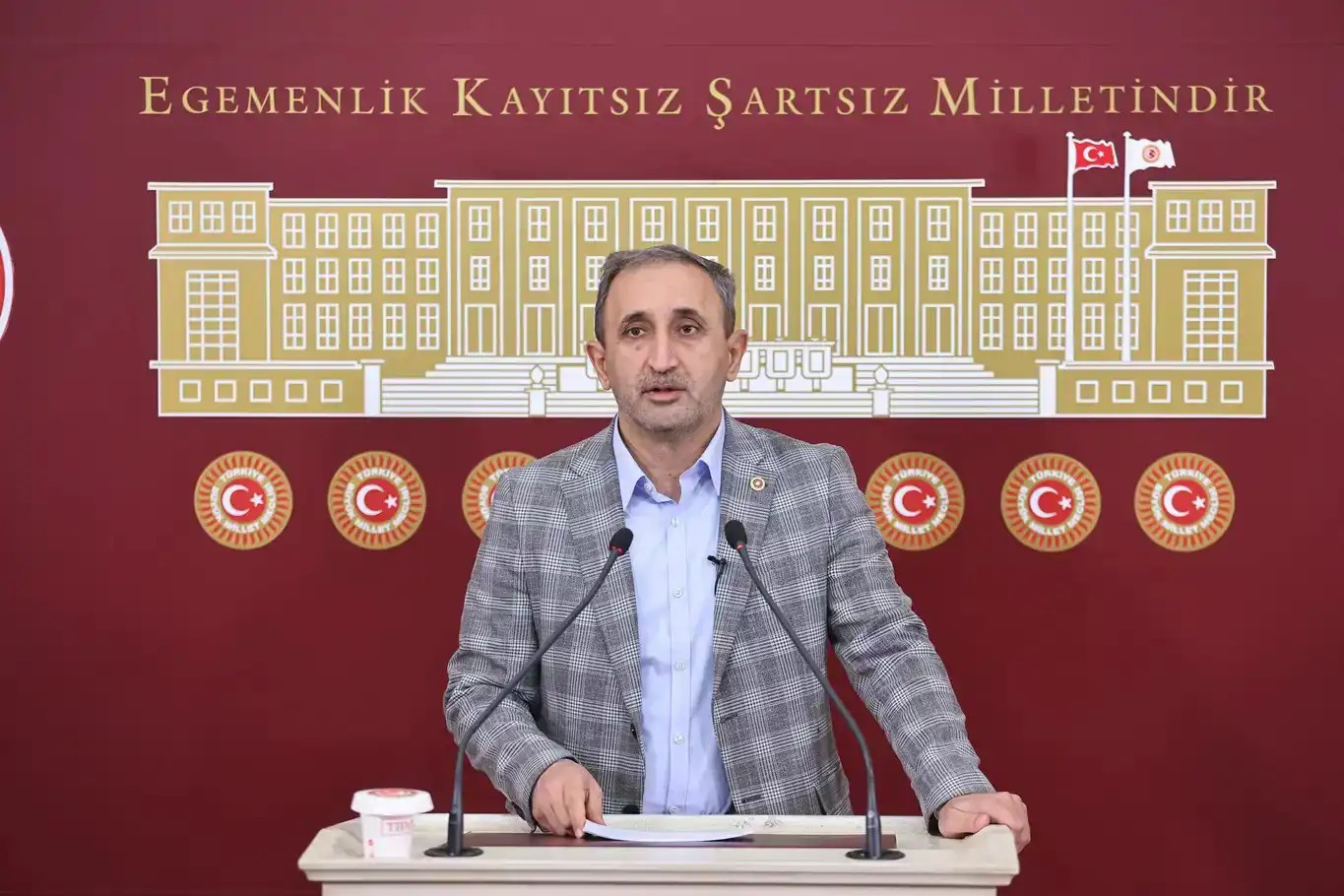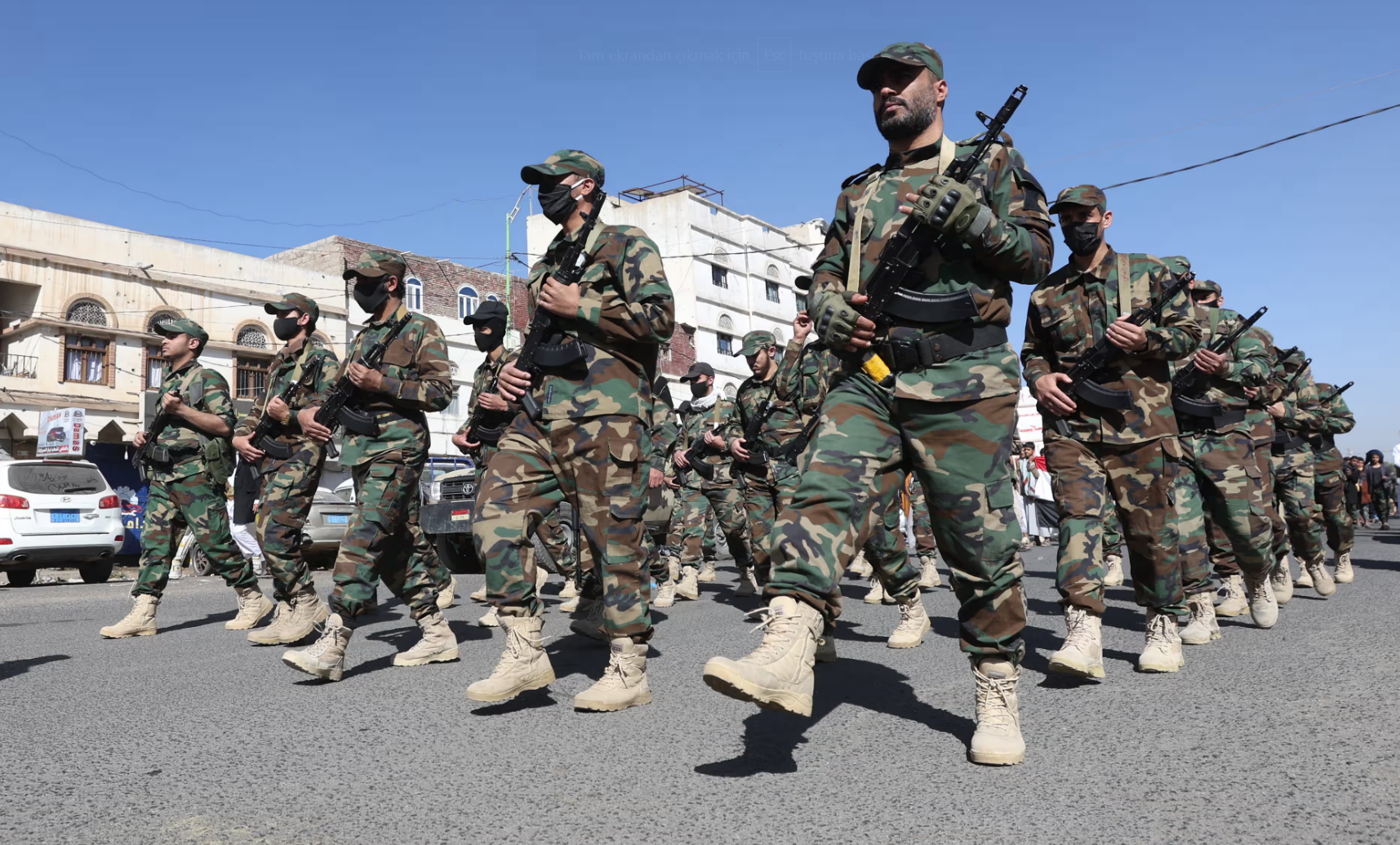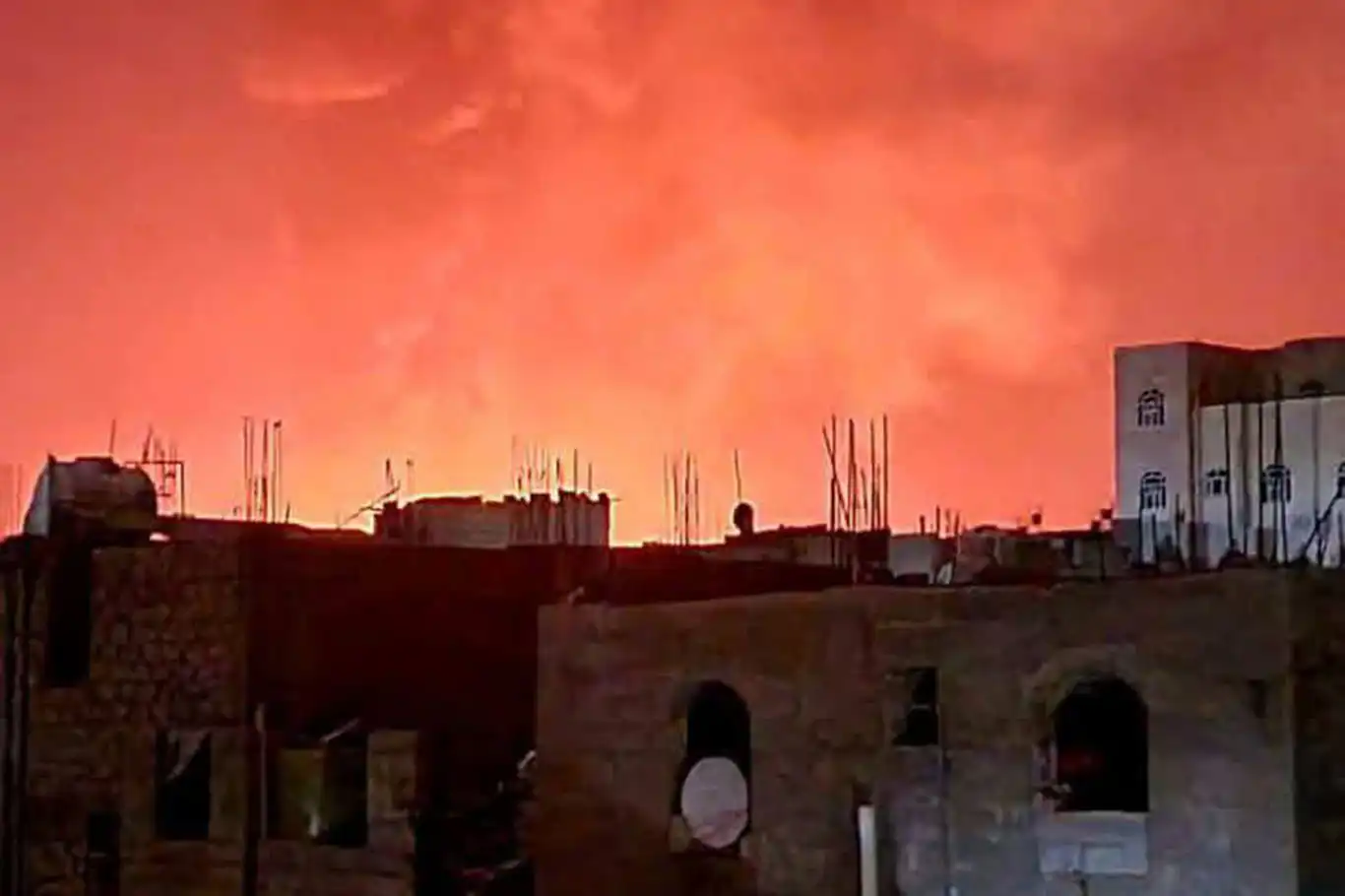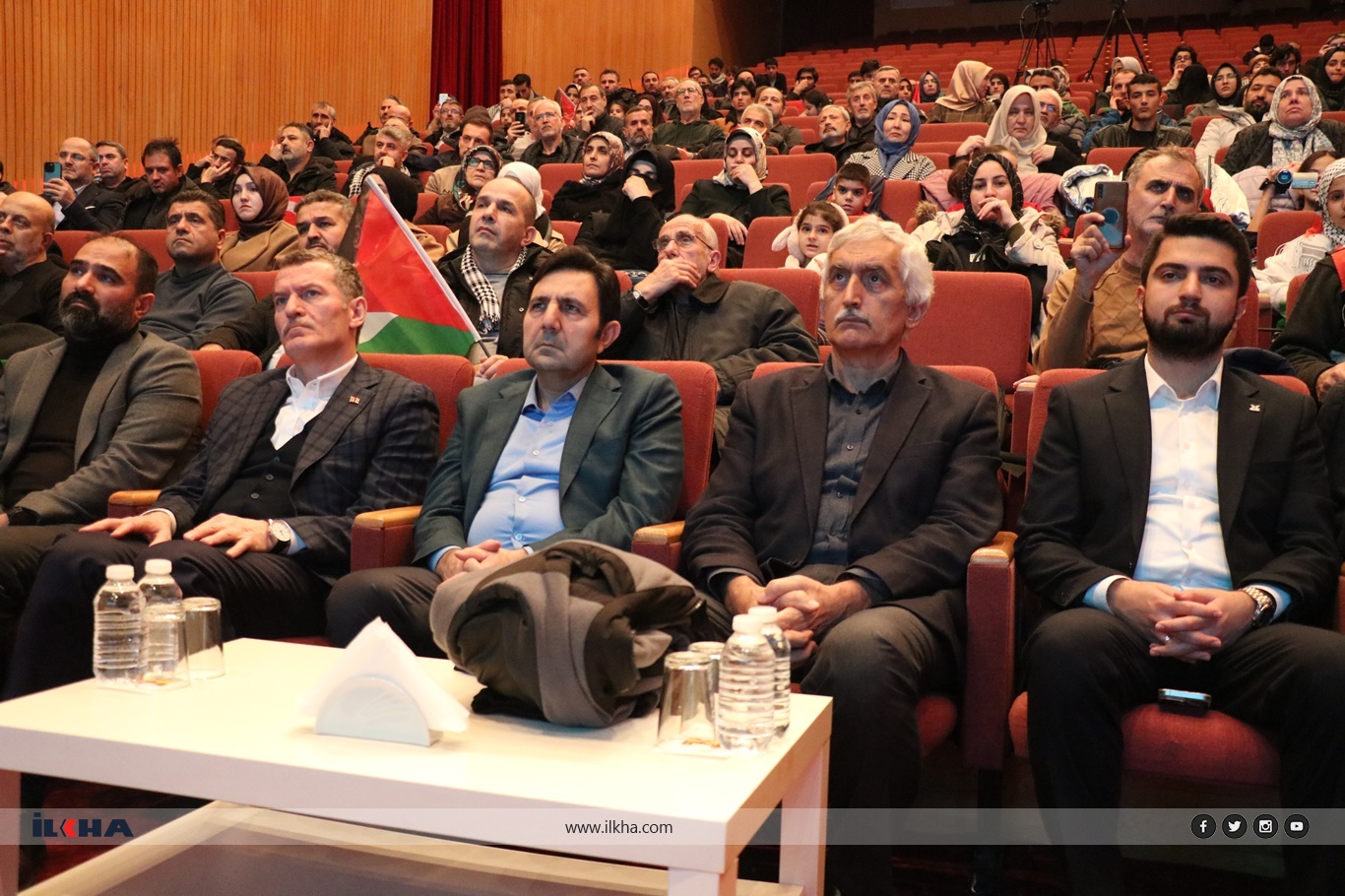Musharraf's body to be hanged for three days
The paragraph 66 of the detailed verdict calls for ex- president's body to be dragged to D-Chowk in Islamabad and hanged for three days.

 Google News'te Doğruhaber'e abone olun.
Google News'te Doğruhaber'e abone olun. In Pakistan, the court that heard the case against former president Pervez Musharraf issued its detailed verdict onThursday.
The paragraph 66 of the detailed verdict, which calls for ex- president's body to be dragged to D-Chowk in Islamabad and hanged for three days, sparked controversy in the country.
"Today’s verdict against former president Musharraf 'transgresses humanity, religion, culture and any other values,' said Maj Gen Asif Ghafoor, the director general of Inter-Services Public Relations (ISPR) in a press conference.
Ghafoor pointed out that the country was currently facing threats from both internal and external sources, and reminded a recent statement by the Indian army chief in this regard.
"Some people want to provoke us through internal and external attacks into fighting amongst ourselves in the current circumstances, and are dreaming of defeating Pakistan in this manner," Ghafoor warned.
Musharraf, who took power in a military coup in 1999, ruled the country for nine years before being removed when his party was defeated in a general election.
After months of contentious relations with Prime Minister Sharif, Sharif unsuccessfully attempted to remove Musharraf from the army's leadership. In retaliation, the army staged a coup d'etat in 1999, which allowed Musharraf to take-over Pakistan and subsequently placed Prime Minister Sharif under a strict house arrest before moving towards a trial against Sharif in Adiala Prison.
Musharraf became the head of the military government while remaining the Chairman of the Joint Chiefs in 2001 and the Chief of the Army Staff. Although, Musharraf relinquished the position of Chairman of Joint Chiefs in 2001, he remained the Army Chief until retiring from the army in 2007. He became the President of Pakistan on 20 June 2001, only to win a controversial referendum on 1 May 2002, which awarded him five years of presidency. In October the same year, he oversaw a general election in which the army-backed PML-Q was successful.
As Shaukat Aziz departed as Prime Minister, and after approving the suspension of the judicature branch in 2007, Musharraf's position was dramatically weakened in early 2008. Tendering his resignation in a threat to face potential impeachment movement led by the ruling Pakistan People's Party in 2008, Musharraf moved to London in self-imposed exile after returning to Pakistan to participate in the general elections held in 2013. While absent from Pakistan, Musharraf engaged in legal battles after the country's high courts issued warrants for him and Aziz for their alleged involvement in the assassinations of Benazir and Bugti. Upon his return, Musharraf was disqualified from taking part in the elections by High Court judges in April 2013. On 31 March 2014, Musharraf was booked and charged with high treason for implementing emergency rule and suspending the constitution in 2007. On 31 August 2017, he was declared an "absconder" by Pakistan’s anti-terrorism court in verdict of Benazir Bhutto murder case. His legacy is mixed; his era saw the emergence of a more assertive middle class, but his disregard for civilian institutions weakened the state of Pakistan.
On 17 December 2019, the Pakistani special court handed a death penalty to him over his treason charges. The court issued its detailed verdict in the case against Musharraf on Thursday. (ILKHA)


































